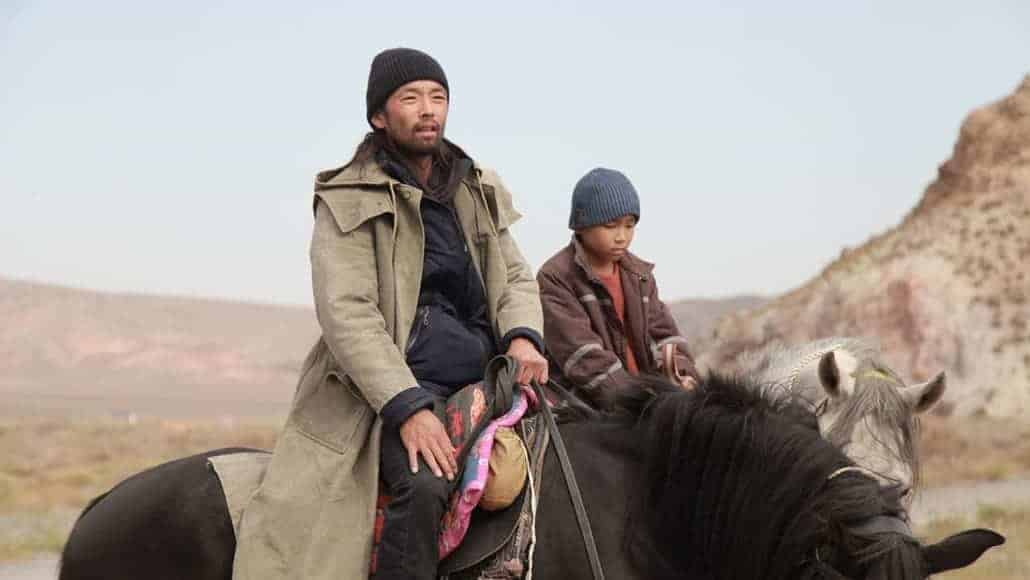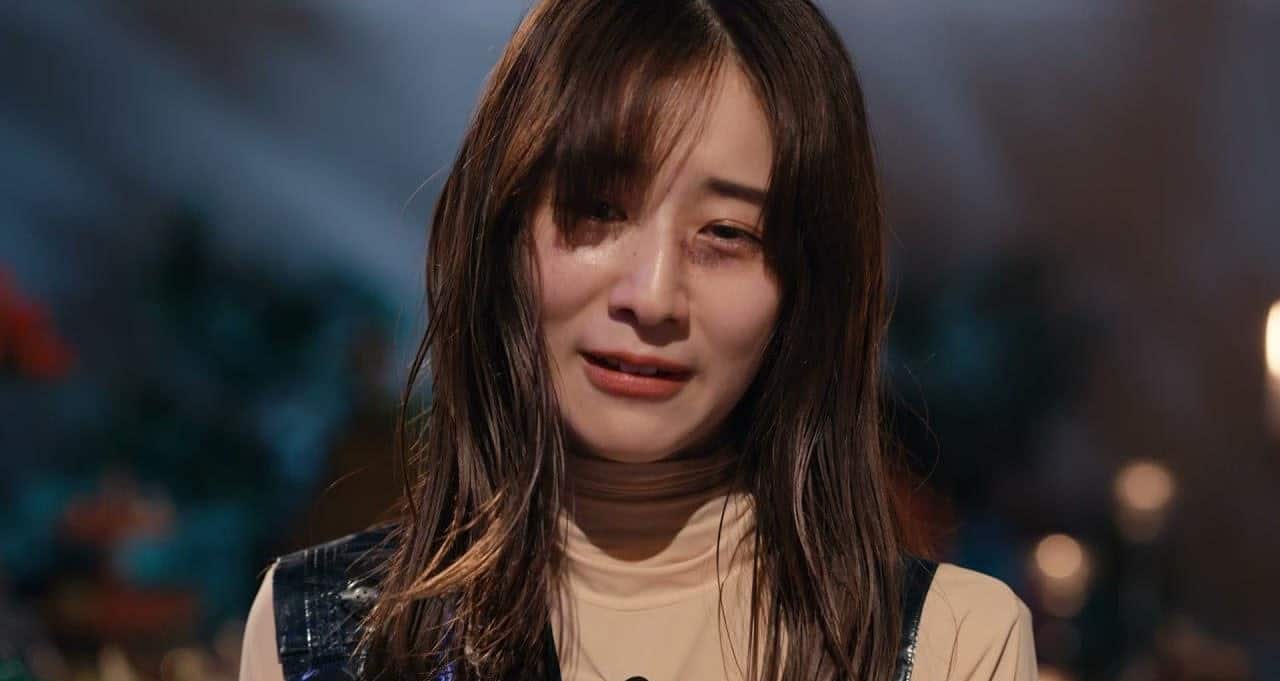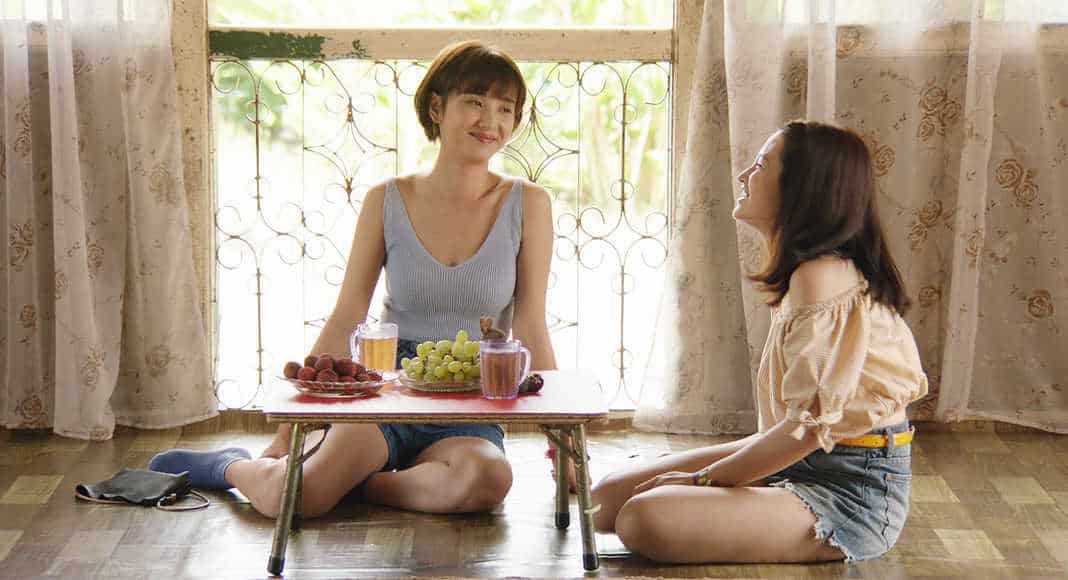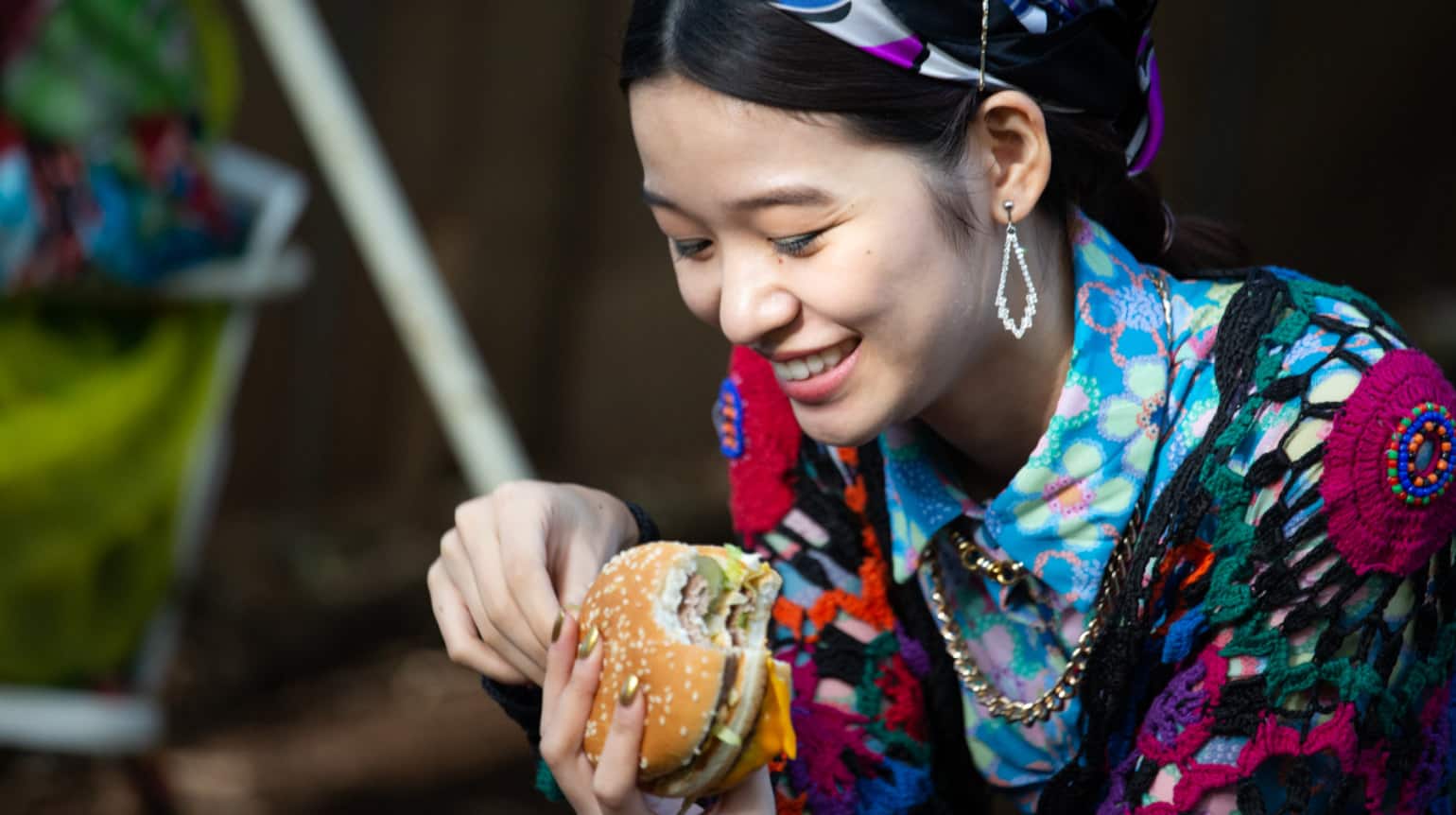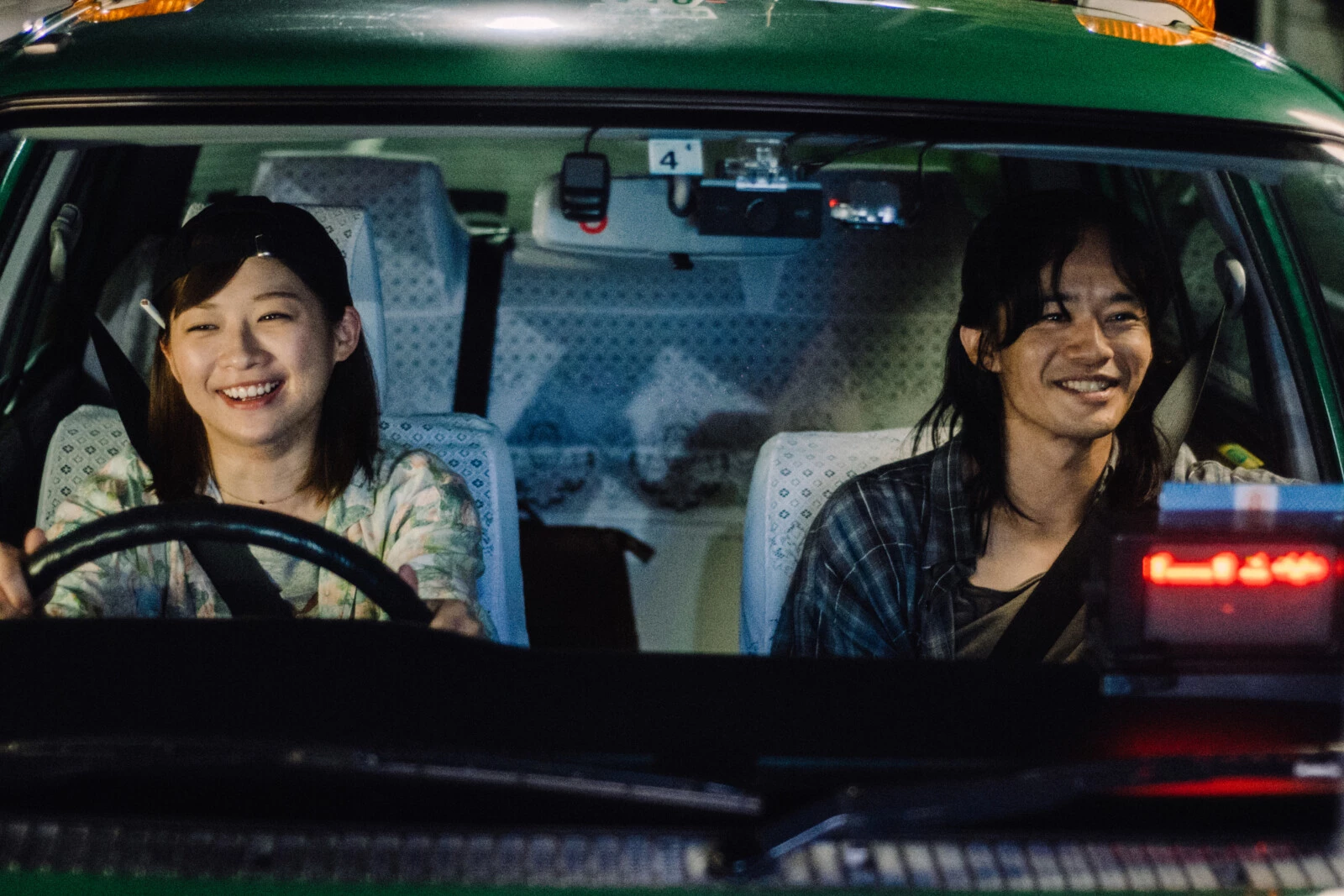What started with “Pornostar“, continued in the best way possible in “Blue Spring”, with the concept of the guerilla/punk film finding its apogee here, in probably Toshiaki Toyoda's best work to date.
Buy This Title
The script of the film is based on a series of autobiographical short stories by the manga author Matsumoto Taiyo, and takes place in a rundown boys' high school, which seems to be attended only by delinquents and lost causes. The protagonist, Kujo, becomes the leader of a seven-member gang of the school's seniors, by winning a suicidal clapping game. Initially, he seems to cherish his role, punishing those who do not treat the rest of the gang members with respect, occasionally using a baseball bat to do so. However, after awhile he gets bored, a tendency that expands onto everything he does.
Aoki, a childhood friend of Kujo's, becomes his right hand; nevertheless, he actually functions as a subservient, unable to decide anything without asking him first. Eventually, Kujo starts to ignore him and he erupts.
Another member of the gang had set as his life's goal for the school's baseball team to advance to the national tournament. However, when the team fails, he becomes depressed to the point where he cannot find any reason to continue living. Another member has no goals at all and just watches time pass by until he also erupts. A special case in the school is “The Ghost”, a name used by all involved, including the teachers, due to his terminal illness.

Toshiaki Toyoda directs a film concerning the issues of adolescent life; however, both his characters and the general situation are extreme in their conception, thus making the film stand apart from similar movies. In that fashion, his characters are “losers” but most of all, hopeless, particularly regarding their future, and even more, everyone seems to know the fact. Themselves, their teachers, and even their parents, which, in this case are nowhere to be found.
This fact is highlighted by the clapping game, with the winner in essence being the one who has the less regard for his life, and actually is the only source of excitement in their mundane life, in an overall concept that reminded me of the Russian roulette in “The Deerhunter”.
Through the characters, Toyoda makes a sociopolitical comment, as the hierarchy implemented in the school appears occasionally primitive, with the “leader” having to prove his superiority against various challengers, and occasionally similar to the one of totalitarian regimes, through the “lackeys of the leader” that are always eager to pin down with violence anyone who dares disrespect the “order”.
The aspect that really makes the film stand out though, is the presentation. The combination of Norimichi Kasamatsu's fittingly bleak cinematography, the changes in pace (sometimes slow, sometimes very fast) implemented by Mototaka Kusakabe's editing and most of all, the exceptional, rock/punkish music by the “Thee Michelle Gun Elephant, are the ones that give the film its guerilla/punk aesthetics, frequently making it function as an extreme music video.
The irony of the images of the cherry blossoms, the violent humor, as highlighted in the stabbing through the bathroom stall scene, the punching between the two former friends and the suicide (?) scene in the finale all make the most of the aforementioned elements, and are the ones that truly stress how cool and stylish “Blue Spring” is.
The acting is in complete resonance with the film's aesthetics. Ryuhei Matsuda is exceptional as the indifferent leader, with this attitude coming in direct contradiction with the eagerness Hirofumi Arai presents as Aoki, with their performances functioning as forerunners for their inevitable clash. The somewhat philosophical aspect of the film is also quite well presented through Mame Yamada who plays a teacher who is in charge of the school garden.
Not much more to say, “Blue Spring” is definitely a cult film, and a must watch for all fans of Japanese indie cinema.




